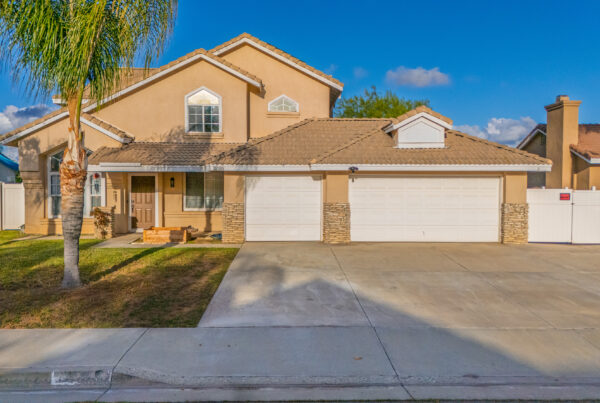Understanding the Duty to Maintain and Repair
Maintenance obligations are a fundamental duty of a board. It is their responsibility to maintain and repair the common areas of a property. This duty is required by statute, as stated in Civ. Code § 5600.
In addition to complying with the law, the board also has a duty to keep the common areas in a reasonably safe condition. This means they must proactively identify and address any potential safety hazards or risks to ensure the well-being of residents and visitors.
Understanding the duty to maintain and repair is crucial for boards to fulfill their obligations and meet the expectations of the community they serve.
Preventive Maintenance: Proactive Care for Common Areas
Preventive maintenance is an essential aspect of fulfilling maintenance obligations. It involves proactive care for common areas to prevent issues and minimize the need for corrective maintenance.
By conducting regular inspections, performing routine maintenance tasks, and addressing minor repairs promptly, boards can ensure the longevity and functionality of common areas. This approach helps prevent the escalation of problems and reduces the risk of more significant issues arising in the future.
Implementing a preventive maintenance plan not only saves time and money but also contributes to the overall safety and satisfaction of residents.
Corrective Maintenance: Addressing Issues and Defects
Despite best efforts in preventive maintenance, issues and defects may still arise in common areas. Corrective maintenance is the process of addressing these problems promptly and effectively.
When a maintenance issue is reported or identified, the board should take appropriate action to resolve it. This may involve hiring contractors or professionals to assess and repair the problem. Timely corrective maintenance helps maintain a safe and functional environment for residents and prevents further damage or deterioration.
By promptly addressing issues and defects, boards demonstrate their commitment to fulfilling their maintenance obligations and ensuring the well-being of the community.
Deferred Maintenance: The Consequences of Neglect
Neglecting maintenance obligations can lead to deferred maintenance, which has severe consequences for common areas and the community as a whole.
Deferred maintenance refers to the postponement or neglect of necessary repairs and maintenance tasks. This can result in the deterioration of common areas, increased safety hazards, and decreased property values.
Furthermore, deferred maintenance can create a negative perception of the community and impact resident satisfaction. It is essential for boards to recognize the importance of timely maintenance and avoid the pitfalls of deferred maintenance.
By prioritizing and addressing maintenance tasks promptly, boards can prevent the accumulation of deferred maintenance and maintain a safe and thriving community.
Ensuring Compliance with Maintenance Obligations
To fulfill maintenance obligations effectively, boards must ensure compliance with statutory requirements and community rules.
This involves collecting sufficient assessments from homeowners to cover the costs of maintenance and repairs. By diligently enforcing assessment collection, boards can secure the necessary funds to carry out their maintenance duties and uphold the standards of the community.
Additionally, boards should establish clear guidelines and procedures for reporting maintenance issues and track the progress of maintenance tasks. Regular communication with residents and transparency regarding maintenance efforts can foster trust and accountability within the community.
By ensuring compliance with maintenance obligations, boards can fulfill their duty to maintain and repair common areas while promoting a harmonious living environment for all residents.
Contact Us for assistance with your HOA needs.


